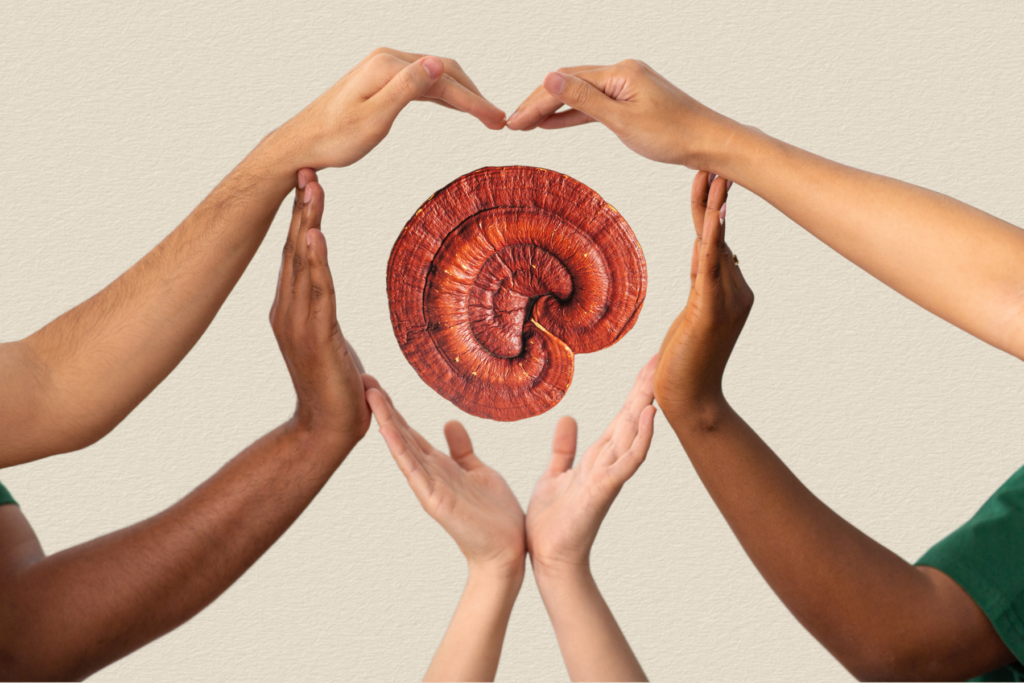On St. Patrick’s Day, bars around the country are getting ready to serve up pints of green beer, shots of Irish whiskey, and a host of other Irish-themed cocktails. Hordes of shamrock-wearing revelers will head out to their local watering holes to booze it up and paint the town green.
Sure, it’s fun to be Irish for a day and toast the Emerald Isle’s patron saint—and an occasional drink is believed to be beneficial to your heart—but it should come as no surprise that too much tippling is a bad idea for your liver.
Plus, no one enjoys the next day hangover. So, if you’re looking for something to speed up your hangover recovery, read on.
The multitasking liver
The liver is one of the largest and hardest working organs in your body. In charge of over five hundred chemical functions, the liver helps with digestion, detoxification, regulation of blood circulation, storage of vitamins and minerals, and so much more! As if that weren’t enough, this remarkable organ can even regenerate itself.
As resilient and industrious as the liver may be, it is not indestructible. Overindulging in alcohol can damage liver health, and alcohol abuse can lead to serious liver issues, including liver infections, cirrhosis, enlarged liver, and liver cancer.
The hangover
It’s not like we don’t get the message that drinking excessively is a bad idea—our bodies tell us in the form of a hangover. Waking up the next day with a headache, nausea, diarrhea, unsettled stomach, and fatigue is a sure sign that the body is in distress.
If you think that having a few drinks will help you sleep better, sorry to say, you’re wrong. While you may not be fully conscious, alcohol disrupts brain activity, scrambling your biological clock and resulting in a less restful and restorative sleep. It also dehydrates your body and depletes water soluble nutrients like vitamin C and the Bs.
Hangover fixes
Of course, the most effective way to avoid a hangover is to avoid overdrinking, but what else can you do?
Hair of the dog
“Hair of the dog that bit you” is an expression used to suggest that having a little of what made you suffer in the first place will help cure you. Since hangovers start after blood alcohol levels start to drop, the idea is that having a drink or two will ease the withdrawal. However, you’re really not helping yourself by delaying the inevitable, and as we age, the poor liver has a harder time bouncing back.
Hydrate
Now, this is actually a very good idea and an important part of recovery, as alcohol is a diuretic. You can also help reduce your likelihood of suffering a hangover if you alternate alcoholic drinks with glasses of water on your night out, as part of the reason for hangover headaches is that the water-based brain shrinks with dehydration.
Don’t take acetaminophen
If you are trying to get rid of an alcohol-induced headache, the painkiller acetaminophen (Tylenol) is not a good choice as it could aggravate the liver toxicity effects of booze. Alternatives include acetylsalicylic acid (Aspirin), ibuprofen (Advil, Motrin), or other non-steroidal anti-inflammatory drugs (NSAIDs), though they may irritate your already upset stomach.
Vitamins
Many swear by taking vitamin B12, vitamin B6, a complex of B vitamins, or vitamin C before, during, and/or after drinking to avoid or treat hangovers. These water-soluble vitamins may be depleted by drinking excessively, so it is a good idea to replenish them after drinking (before going to bed and the next day). Because alcohol is a diuretic, taking them while drinking may not be as helpful. Note that you are best to have them with some food, as they can upset your stomach in high doses.
Reishi mushroom’s liver health benefits
Looking for a great herb to promote a healthy liver? Then you have come to the right place. The dynamic reishi mushroom has, for centuries, been one of Traditional Chinese Medicine’s go-to herbs. Reishi is renowned for its powerful healing properties, including its ability to protect the liver and support liver detoxification processes.
Japanese red reishi mushroom contains antioxidant properties that can support the liver by reducing the damaging effects of free radicals in the body, thus eliminating harmful immune responses that impair proper liver function.
What’s more, reishi can boost the body’s ability to fight off infections—viruses, bacteria, fungus, and other pathogens. This is important when you consider viruses like those that cause hepatitis. If you want to get technical, scientists think that the polysaccharide fractions and tripertenes from reishi are at least some of the compounds that may help protect the liver from infections like chronic hepatitis B.
When it comes to liver health, this fabulous fungus is also used as a liver tonic. Reishi has been shown to reduce serum cholesterol levels, helping to counteract hardening of the arteries—a serious condition called arteriosclerosis that can lead to a diseased liver.
While it may help to take a reishi mushroom supplement before going to bed after a night of drinking, and having another the next morning, the better suggestion is to take it more regularly to support your liver and your whole body year round, as the big benefits of reishi mushrooms extend way beyond curing hangovers.
Protect your liver
So, if you must indulge, follow some of the liver-supportive and hangover-treatment tips here. It may literally save you from some major headaches.





